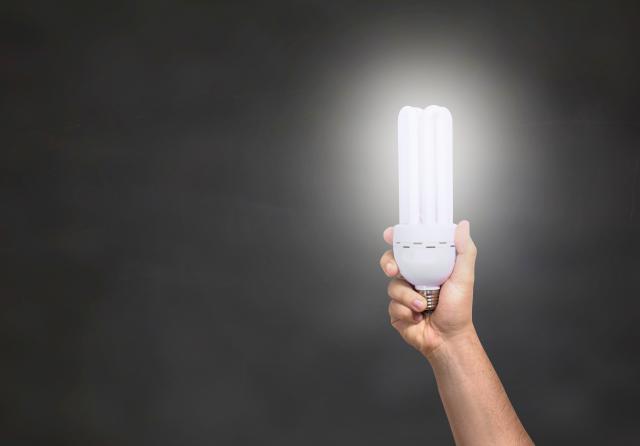On 10 December 1998, less than fifteen minutes of debate changed Australia’s energy policy for a generation.
In that debate, the then Howard Government was seeking approval to rebuild the nuclear reactor at Lucas Heights in Sydney.
A Greens Senator moved an amendment to ban nuclear energy in Australia (the Lucas Heights reactor produces nuclear medicines not energy).
The Government was facing defeat in the Senate if it did not agree to the nuclear energy ban amendment.
Given Australia’s abundant coal fired power stations at the time, there was no need for a nuclear power station.
The Howard Government reluctantly let the amendment pass so that Australia could continue to produce nuclear medicines.
On average, around 1 in every 2 Australians will need the use of nuclear medicines during their lifetime.
Australia’s “accidental” prohibitions on nuclear energy have never made much sense in a country that is the world’s largest exporter of uranium.
The nuclear ban remains even though we are now shutting down our coal fired power stations.
A rushed, tawdry, fifteen-minute Senate deal now restricts Australia’s energy options during a worsening energy crisis.
That same prohibition also stops us from buying nuclear submarines.
So the Labor party (who supported the Greens nuclear ban in 1998) has now had to introduce legislation to change the law.
They propose to remove the nuclear prohibition but only insofar as it relates to nuclear submarines.
The Government’s plan is “half-pregnant” and puts at risk the proper servicing of an Australian nuclear powered submarine fleet.
There remains residual legal risks.
What happens if an anti-nuclear group launches legal action?
For example, if a submarines’ nuclear reactor is transferred to land for maintenance is that allowed under the new limited exceptions to the ban?
We can never predict how a court would interpret these things.
How do we support a nuclear submarine fleet without a domestic nuclear energy industry?
We should not minimise the challenge we face to successfully develop a nuclear submarine fleet.
If we are successful, Australia will become just the 7th country in the world to have nuclear submarines.
Every other country with nuclear submarines has a large domestic nuclear energy industry for good reasons.
Submarining is a tough life.
How will we attract enough young people to train in nuclear energy if the only job prospect they have for their entire working career is to work on a submarine that takes them away from home and their families for many months of the year?
We are glossing over such practical realities because it is too politically inconvenient to deal with them.
How is it logical for us to decide that it is safe for nuclear reactors to travel around our coastlines and dock in our ports, yet apparently unsafe for the same type of nuclear reactors to be housed on land?
The nuclear reactors in a Virginia class submarine have a capacity of 260 megawatts, equivalent to the size of many gas power stations in Australia.
Five of them together are equivalent to a coal fired power station.
Perhaps that could be the plan.
Once we legalise nuclear energy on submarines we could park them in Sydney Harbour and run an extension cord to keep the lights on.
This absurdity would be funny if we were not all paying through the roof for power.
It is time we got rid of our illogical ban on nuclear energy before we have to pay even more.








